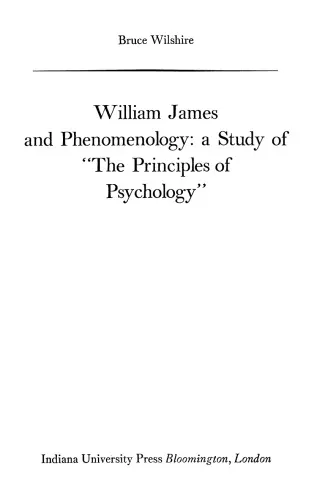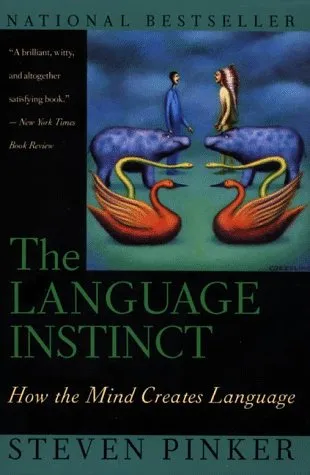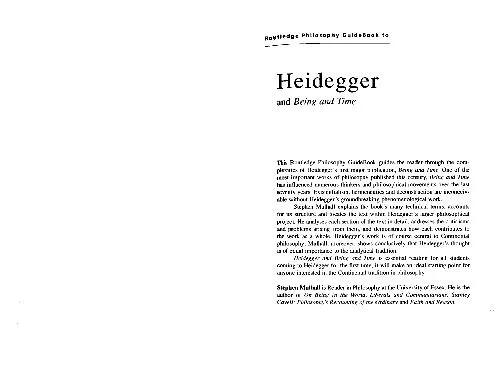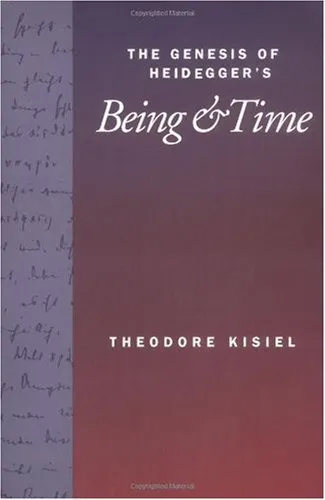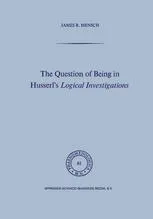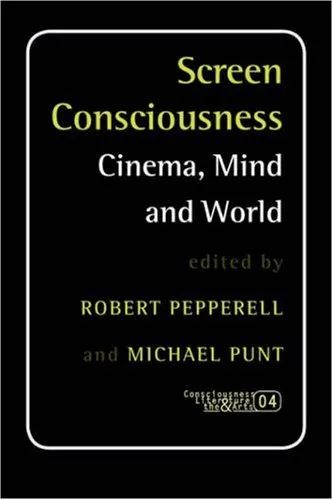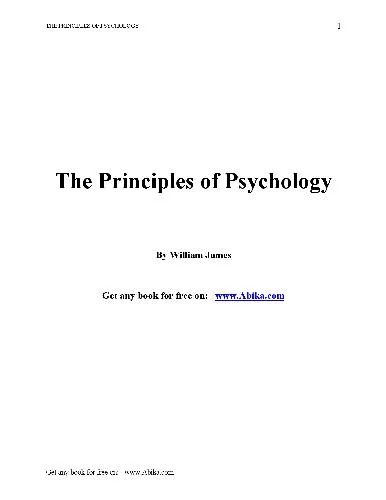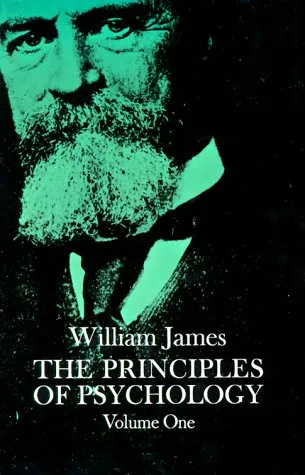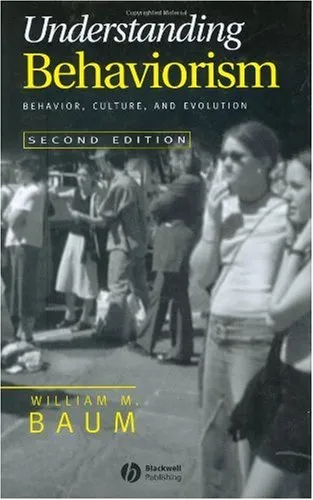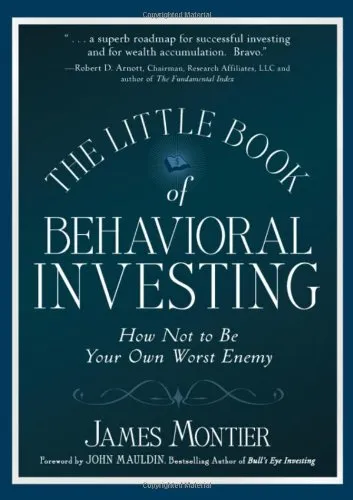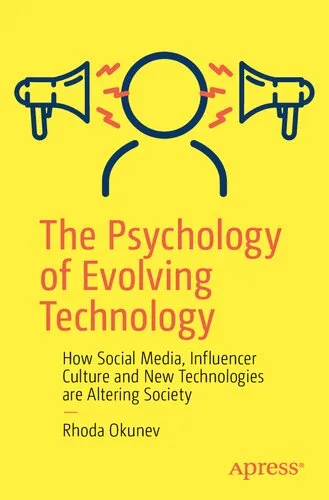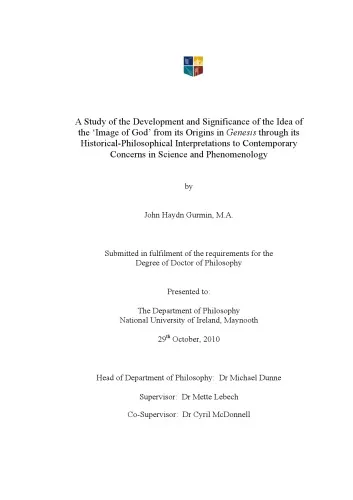William James and Phenomenology: A Study of the Principles of Psychology
3.8
Reviews from our users

You Can Ask your questions from this book's AI after Login
Each download or ask from book AI costs 2 points. To earn more free points, please visit the Points Guide Page and complete some valuable actions.Related Refrences:
Introduction
In the intricate and evolving field of psychology, William James stands as a pivotal figure whose work has influenced both psychological thought and philosophical discourse. 'William James and Phenomenology: A Study of the Principles of Psychology' delves into the profound contributions of William James, examining his theories through the lens of phenomenology. This book is a rich exploration of James's psychological theories, shedding light on his insights and their resonance with phenomenological methods and ideals.
Detailed Summary of the Book
The book meticulously analyzes James's 'Principles of Psychology', focusing on his nuanced understanding of consciousness and the stream of thought. By integrating phenomenological perspectives, the book presents a detailed examination of how James's ideas align with or diverge from the phenomenological tradition. The narrative embarks on a journey through James's conceptualization of the self, perception, attention, and emotion, highlighting the dynamic interplay between experience and reality.
Moreover, the book addresses James’s pragmatism and its correlation with phenomenology, presenting a comprehensive discourse on how both schools of thought engage with concepts of truth, reality, and experience. Throughout the chapters, this book offers a critical appraisal of James's influence on subsequent phenomenological thinkers, establishing a dialogue between past and present philosophies.
Key Takeaways
This text provides several key takeaways for understanding the intersection of James's theories and phenomenology:
- The Living Stream: James's idea of consciousness as a constant flow aligns with phenomenological insights into human perception and awareness.
- The Role of Experience: The emphasis on individual experience in James's work shares significant common ground with phenomenological approaches.
- Pragmatism Meets Phenomenology: Insights into how pragmatism serves as a bridge to phenomenological thought, underscoring action and outcome in the formation of belief and knowledge.
- Emotions and Reality: Offers a deep dive into James's unique perspectives on emotions, resonating with phenomenological ideas about how emotions shape subjective reality.
Famous Quotes from the Book
“Between science and philosophy, James's psychology carves a path that resonates through time, urging us to reconsider the foundations of consciousness.”
“In the stream of thought, we find the essence of a constantly evolving self – a self not bound by static definitions, but by the fluidity of experience.”
Why This Book Matters
This book offers significant contributions to both psychological and philosophical communities by bridging historical perspectives with contemporary analyses. It provides a thoughtful integration of William James’s psychological principles with phenomenological philosophy, offering readers a rich tapestry of ideas that challenge conventional boundaries between disciplines. Through this synthesis, readers can gain a deeper understanding of the mind’s workings and the underpinning philosophy that informs much of contemporary psychological and existential thought.
In a broader sense, 'William James and Phenomenology' reaffirms the continuing relevance of classical psychological theories in our modern world, emphasizing the perennial importance of understanding human consciousness, perception, and reality. This book is essential reading for anyone interested in the roots of psychology and their intersection with profound philosophical questions, and it stands as a testament to the enduring allure of William James's insights and their value in today's intellectual landscape.
Free Direct Download
You Can Download this book after Login
Accessing books through legal platforms and public libraries not only supports the rights of authors and publishers but also contributes to the sustainability of reading culture. Before downloading, please take a moment to consider these options.
Find this book on other platforms:
WorldCat helps you find books in libraries worldwide.
See ratings, reviews, and discussions on Goodreads.
Find and buy rare or used books on AbeBooks.
1464
بازدید3.8
امتیاز0
نظر98%
رضایتReviews:
3.8
Based on 0 users review
Questions & Answers
Ask questions about this book or help others by answering
No questions yet. Be the first to ask!
